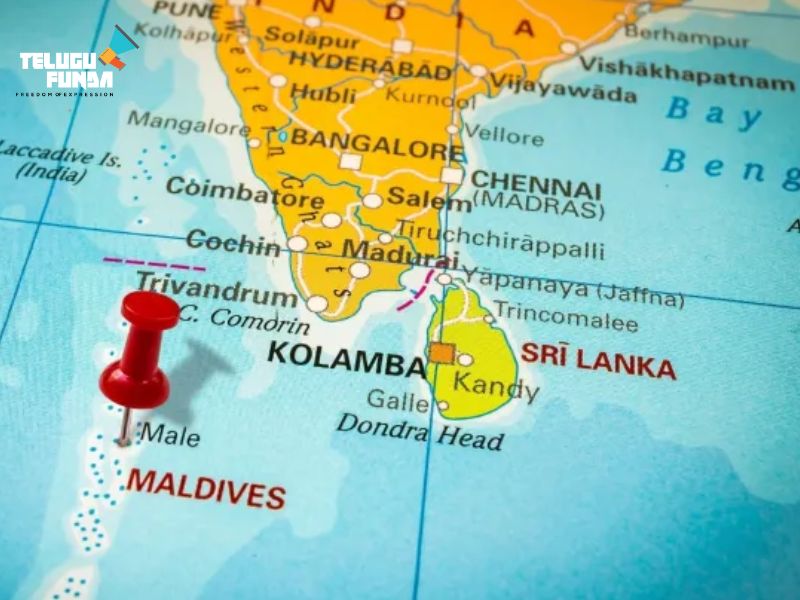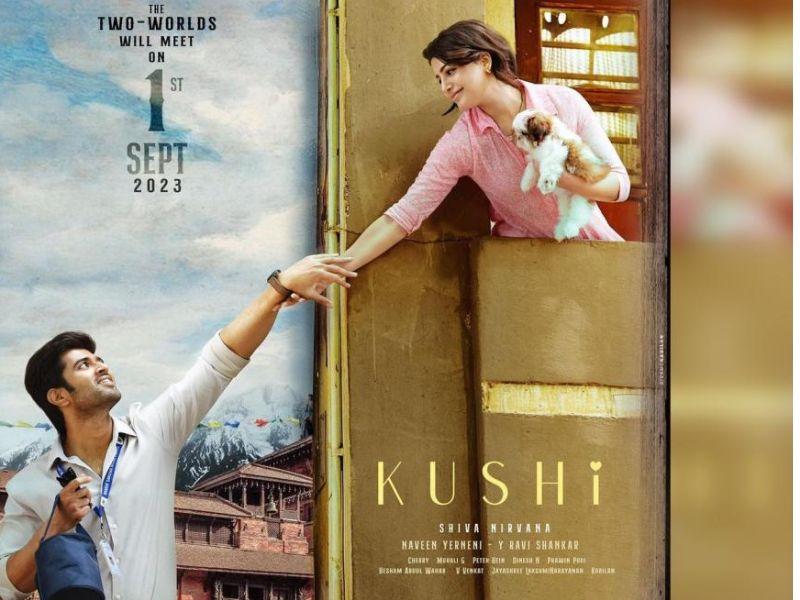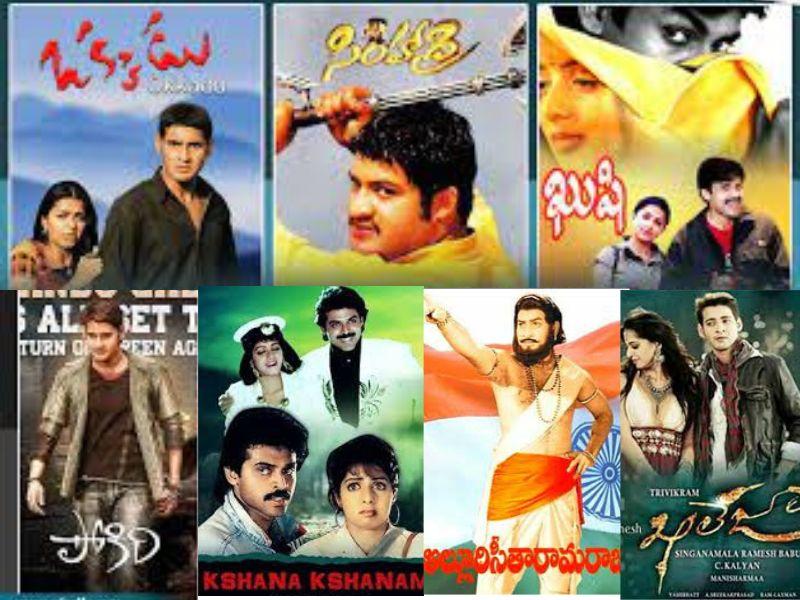“Once upon a time, there was a tale of a goose that laid golden eggs, bringing joy to its owner. However, the greedy owner, blinded by his avarice, decided to kill the goose to claim all its eggs at once.”
In a similar vein, a narrative unfolded between India and the Maldives. The Maldives, officially known as Dhivehi Raajje, is a picturesque archipelagic state nestled in the Indian Ocean, southwest of Sri Lanka and India. With its economy heavily reliant on tourism, a significant portion of visitors hails from India.
In the post-COVID-19 era, the Maldives government invited numerous celebrities, bolstering their economy and fostering a harmonious relationship with India. However, a sudden turn of events in January 2024 disrupted this harmony.
Prime Minister Narendra Modi’s visit to Lakshadweep Islands and subsequent social media posts promoting Indian tourism sparked an unexpected response from Maldivian officials. They claimed that India couldn’t offer pristine tourism like the Maldives, causing a wave of hurt sentiments among Indians. The nation retaliated by boycotting Maldives from their travel plans, with the hashtag #banMaldives trending on Twitter. This online movement resulted in over 10,000 canceled hotel bookings and 5,000 flight tickets, escalating the diplomatic tension.
Reacting to the situation, former Maldives Defence Minister Mariya Ahmed Didi criticized the derogatory comments against Prime Minister Narendra Modi, emphasizing the shortsightedness of the Maldives government. She acknowledged India’s longstanding support to neighboring nations and condemned any attempt to undermine this relationship.
Ironically, amidst the diplomatic row, Lakshadweep’s tourism gained nationwide attention, largely attributed to the poor choice of words by Maldivian officials. The incident underscored the delicate nature of international relations and the power of words in shaping perceptions.
Follow Telugu Funda on various trending social media platforms for the latest updates on Telugu cinema and OTT.










